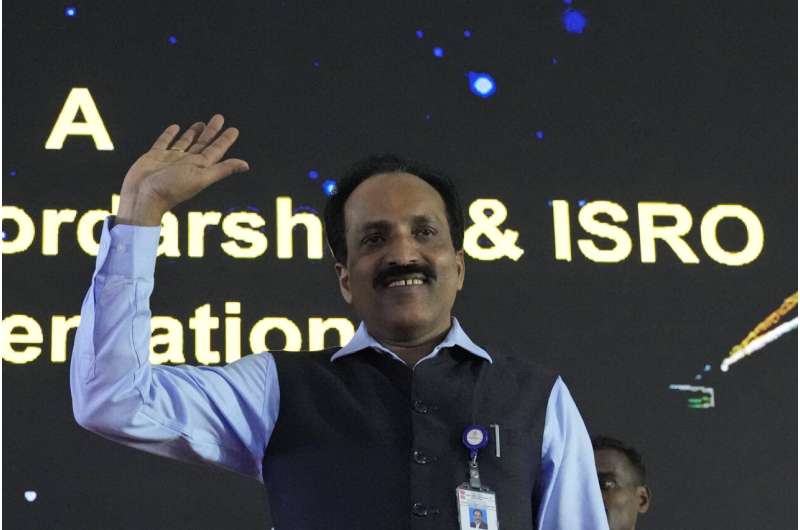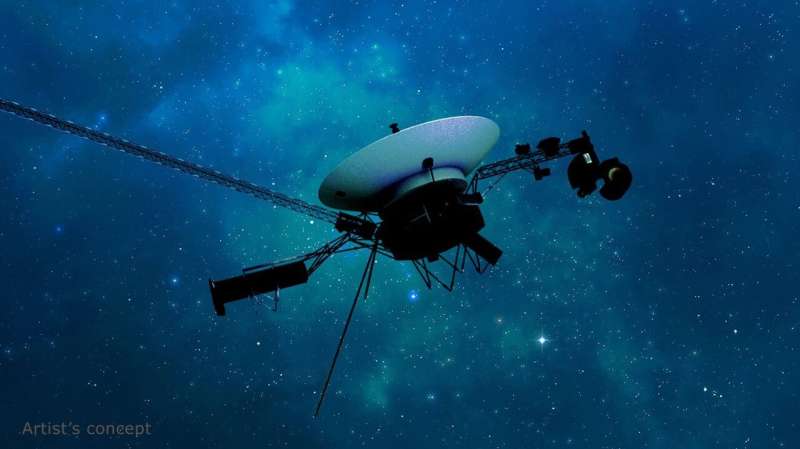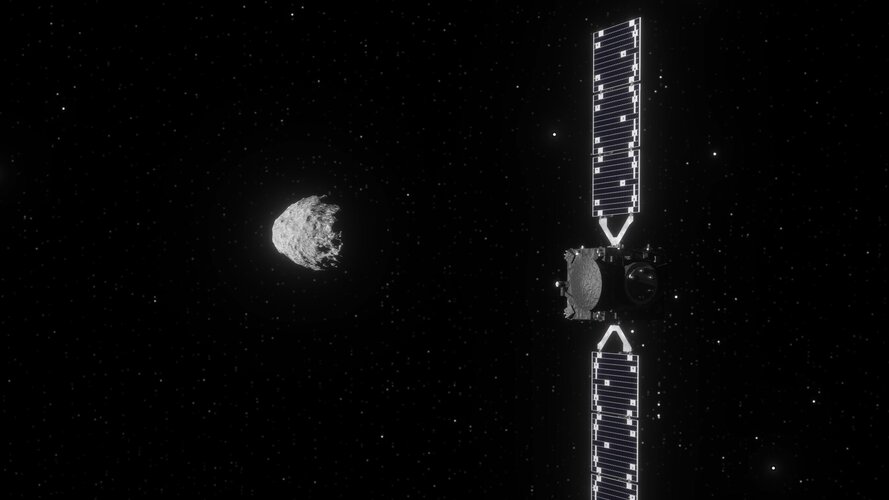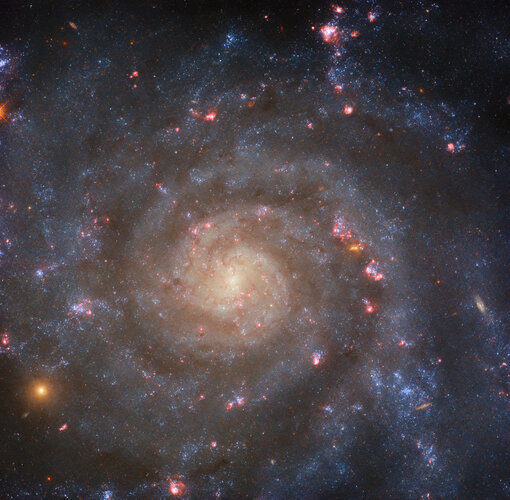
Copernical Team
Women sci-fi writer numbers rocketing in China
 Women writers are taking the Chinese science fiction scene by storm, with their increasing prominence one of the genre's most noticeable trends, according to participants at a major convention in Chengdu this week.
Worldcon - the world's oldest and most influential sci-fi gathering - is taking place in China for the first time, drawing hordes of eager local fans of all genders.
China
Women writers are taking the Chinese science fiction scene by storm, with their increasing prominence one of the genre's most noticeable trends, according to participants at a major convention in Chengdu this week.
Worldcon - the world's oldest and most influential sci-fi gathering - is taking place in China for the first time, drawing hordes of eager local fans of all genders.
China Chinese sci-fi steps into the spotlight
 Once effectively banned, Chinese science fiction has exploded into the mainstream, embraced by the government and public alike - inviting scrutiny of a genre that has become known for its expanding diversity and relative freedom.
Its new status was epitomised by this week's Worldcon, the world's oldest and most influential sci-fi gathering, which closed Sunday after taking place in China fo
Once effectively banned, Chinese science fiction has exploded into the mainstream, embraced by the government and public alike - inviting scrutiny of a genre that has become known for its expanding diversity and relative freedom.
Its new status was epitomised by this week's Worldcon, the world's oldest and most influential sci-fi gathering, which closed Sunday after taking place in China fo SpaceX Achieves Back-to-Back Starlink Satellite Launches to Expand Global Internet Coverage
 SpaceX successfully executed a two-part Starlink satellite mission on Saturday, deploying a total of 44 satellites from two separate launch sites in a single day. The ambitious mission represents the latest milestone in SpaceX's ongoing effort to expand its Starlink global broadband service.
The day's first launch took place at 4:23 a.m. ET from Vandenberg Space Force Base in California. A
SpaceX successfully executed a two-part Starlink satellite mission on Saturday, deploying a total of 44 satellites from two separate launch sites in a single day. The ambitious mission represents the latest milestone in SpaceX's ongoing effort to expand its Starlink global broadband service.
The day's first launch took place at 4:23 a.m. ET from Vandenberg Space Force Base in California. A India launches key test for manned orbital mission
 India on Saturday successfully launched the first unmanned trial run of its upcoming crewed orbital mission, in the latest milestone for its spacefaring ambitions.
The Gaganyaan ("Skycraft") mission is slated to send three astronauts into Earth's orbit in 2025, an important yardstick of the Indian Space Research Organisation's (ISRO) technical capabilities.
Saturday's rocket tested the
India on Saturday successfully launched the first unmanned trial run of its upcoming crewed orbital mission, in the latest milestone for its spacefaring ambitions.
The Gaganyaan ("Skycraft") mission is slated to send three astronauts into Earth's orbit in 2025, an important yardstick of the Indian Space Research Organisation's (ISRO) technical capabilities.
Saturday's rocket tested the NASA engineers innovate to keep Voyagers exploring interstellar space
 NASA's intrepid Voyager twins, Voyager 1 and Voyager 2, launched in 1977, continue their unprecedented explorations of interstellar space. But as they reach farther distances from Earth-more than 15 billion miles for Voyager 1 and 12 billion for Voyager 2-keeping them operational requires strategic forethought.
One pressing concern relates to the gradual buildup of propellant residue in t
NASA's intrepid Voyager twins, Voyager 1 and Voyager 2, launched in 1977, continue their unprecedented explorations of interstellar space. But as they reach farther distances from Earth-more than 15 billion miles for Voyager 1 and 12 billion for Voyager 2-keeping them operational requires strategic forethought.
One pressing concern relates to the gradual buildup of propellant residue in t India conducts space flight test ahead of planned mission to take astronauts into space in 2025

NASA's Voyager team focuses on software patch, thrusters

Engineers for NASA's Voyager mission are taking steps to help make sure both spacecraft, launched in 1977, continue to explore interstellar space for years to come.
One effort addresses fuel residue that seems to be accumulating inside narrow tubes in some of the thrusters on the spacecraft. The thrusters are used to keep each spacecraft's antenna pointed at Earth. This type of buildup has been observed in a handful of other spacecraft.
Hera asteroid mission goes on trial
 Video:
00:04:41
Video:
00:04:41
At some point, statistically speaking, a large asteroid will impact Earth. Whether that’s tomorrow, in ten years, or a problem for our ancestors, ESA is getting prepared.
As part of the world’s first test of asteroid deflection, ESA’s Hera mission will perform a detailed post-impact survey of Dimorphos – the 160-metre asteroid struck, and successfully deflected, by NASA’s DART spacecraft.
Hera will soon study the aftermath. Launching in October 2024, Hera will turn this grand-scale experiment into a well-understood and hopefully repeatable planetary defence technique.
But before Hera and its two CubeSats fly, they’re rigorously tested at ESA’s ESTEC test
Week in images: 16-20 October 2023

Week in images: 16-20 October 2023
Discover our week through the lens
Welcome to the Drillhole Family, 'Sequoia': Sols 3982-3983: Welcome
 Earth planning date: Wednesday, October 18, 2023: The target 'Sequoia' has been successfully drilled! The image today is one of my favourites - the shadow of the rover mast, and the perfectly drilled target in the background... it doesn't get much better than that! Curiosity stays in place for a little while longer for CheMin analysis of the drilled material, and no drive meant we had more power
Earth planning date: Wednesday, October 18, 2023: The target 'Sequoia' has been successfully drilled! The image today is one of my favourites - the shadow of the rover mast, and the perfectly drilled target in the background... it doesn't get much better than that! Curiosity stays in place for a little while longer for CheMin analysis of the drilled material, and no drive meant we had more power 